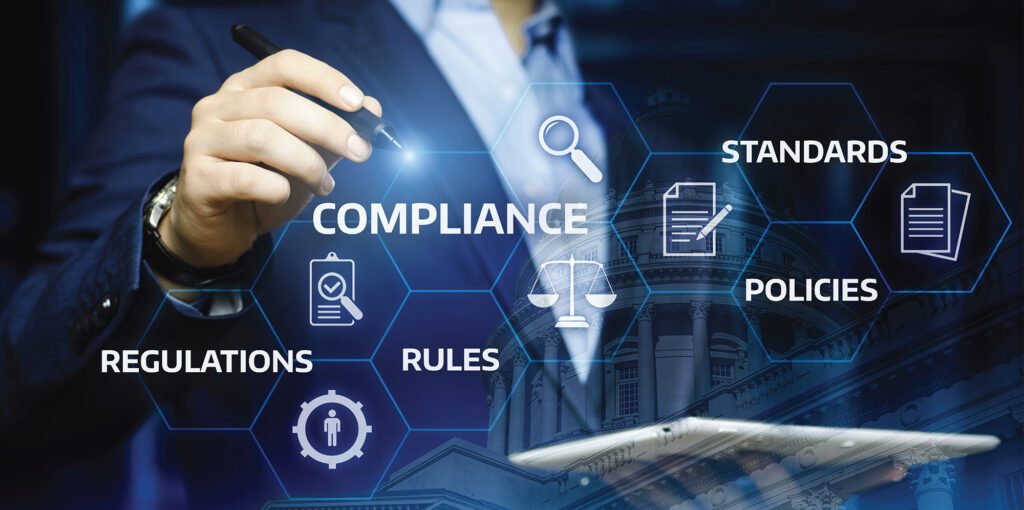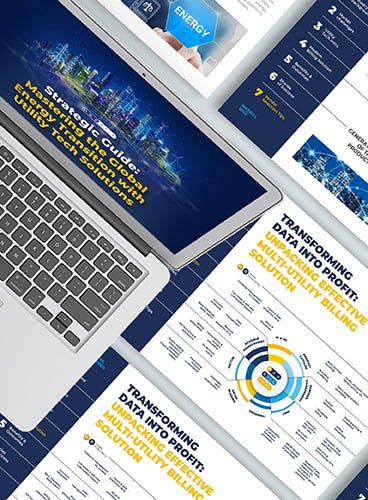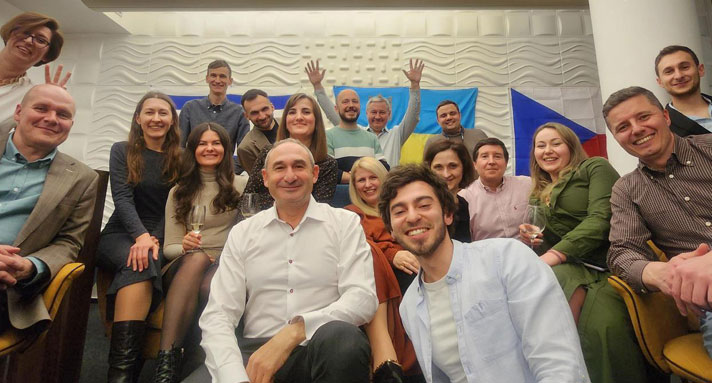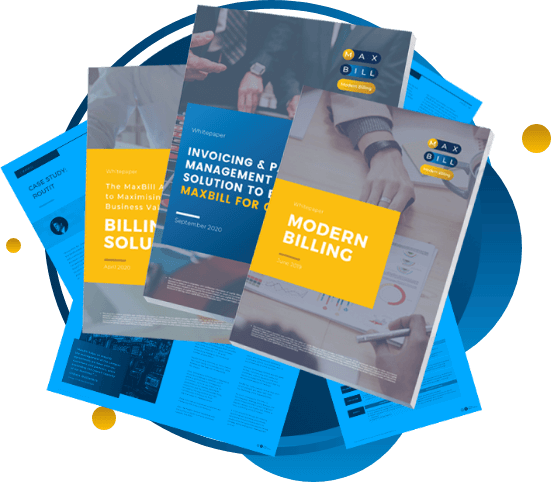The gaming industry is evolving, and the lion’s share of profits now increasingly belongs to online casinos. This shift has led operators to explore B2B iGaming solutions as an efficient strategy for expanding their business, particularly in new markets. By leveraging B2B solutions for iGaming for Partner Management, operators can partner with experts who understand local regulations and help secure the necessary licences, ensuring smoother market entry and sustainable growth.
So, to address a shifting regulatory landscape and to expand to new markets, operators are focusing on partners who are knowledgeable about the relevant laws and who make iGaming companies eligible for a local licence. These partnerships are becoming increasingly essential in order to navigate the more and more government-regulated iGaming markets.
Types of B2B Solutions for iGaming Operators:
- A platform for managing invoicing, partners and revenue management.
- CRM & Marketing Tools – manage players, boost engagement with bonuses, and drive retention campaigns.
- Game Provider Integrations.
In this article, we’ll dive into the specifics of government-induced restrictions and how partnerships in iGaming can save the day when the legal landscape changes or operators are planning a new market roll-out. So, let’s begin.
B2B solution for iGaming for managing invoicing, partners and revenue management.
MaxBill is a smart B2B solution for iGaming designed to keep invoicing, partner management, and revenue control fully under control. As the iGaming industry becomes increasingly regulated and digitalized, providers need a reliable system to automate financial processes, manage complex revenue-sharing schemes, and build a robust partner ecosystem for international growth.
With MaxBill, operators can process event records from multiple formats in near real-time, automatically applying contract conditions, tax rules, royalties, and bonuses across all products. This ensures precise revenue calculation, error-free invoicing, and seamless reconciliation, freeing internal teams to focus on strategic growth and B2B partnerships. By leveraging MaxBill’s framework, iGaming companies can easily adapt to regulatory changes, streamline operations, and maximize value across all departments.
Online gaming regulators ‘get tougher’

There are several reasons why government regulations of the iGaming industry are on the rise. Firstly, there is an increasing demand from players for greater protection and transparency. Secondly, government revenues from taxes and fees are under pressure, and they see the sector as a potential source of income. Lastly, there is a growing need to combat fraud and money laundering, which are often associated with the domain
As a result of these tendencies, more and more countries are introducing strict supervision on iGaming operators. New rules and policies make it very difficult for them to scale up. For example, many jurisdictions have introduced strict KYC (know your customer) requirements, which operators must comply with in order to obtain a license.
What are other government regulations’ complications that make iGaming businesses consider B2B iGaming partner management? Let’s have a look from the iGaming service providers’ and players’ perspectives.
The “Kindred case”: license issues

Due to the launch of the licensed market in the Netherlands in 2021, Unibet operator Kindred temporarily suspended its operations in the country. Before considering any potential mitigation measures, the corporation calculated that the suspension would cost it £12 million each month in earnings before interest, tax, depreciation, and amortization (EBITDA).
Betsson and LeoVegas had done the same before Kindred’s decision. Entain, a British operator, was forced to cease operations in the Netherlands temporarily as it applied for an iGaming license there.
Players got warned by banks after playing at unlicensed operators
A study by Sentio on behalf of Lotteritilsynet found that eight out of ten Norwegian banks have established protocols for contacting clients when transactions are made to and from illegal operators.
According to Lotteritilsynet lawyer Silje Sægrov Amble, customers do change their playing behavior when banks warn them. Either they give up playing entirely, or they use only the sites authorized by the government.
UK punters got checked for affordability and might face some intrusions

If narrowing down the situation to local restrictions, the UK government and the Betting and Gaming Council are about to introduce affordability checks that operators will need to undertake. One of the ways to do it is by using tools like Open Banking to get a more detailed understanding of a customer’s financial position.
OB is a platform that uses APIs to let third parties access financial information. This tool allows accessing data straight from their bank accounts.
Simo Dragicevic, founder of BetBuddy, and a former managing director at Playtech Protect, have already weighed in on this. There is a wide variety of methods for addressing affordability, each suggesting a certain level of intrusiveness.
This comprises, but is not limited to, information that can be used to better understand a customer’s discretionary spending, such as geo-affordability data, Credit Account Information Sharing (CAIS) data, such as monthly credit data relating to credit card expenditure, loans, mortgages, etc., and Current Account Turnover (CATO) data.
What can we say? The sector is definitely rattled, provided various UK operators’ revenues had been already sagged by previous measures, such as AML, source of funds, and responsible gambling.
Another ‘revenue drop case’ involves an online gambling operator – 888. Partly due to increasing UK safer gambling legislation, 888 anticipates reporting a 3% year-over-year reduction in revenue for its 2022 financial year.
Therefore, to tackle new regulatory challenges and scale business to new markets, savvy B2B iGaming service providers aim to build alliances with locally licensed gaming providers and technology partners.

Are you ready to discuss the benefits of B2B partner management solutions for your iGaming business?
Acquisitions and partnerships in iGaming sector become mainstream

The collaborations between iGaming operators are diverse in nature and occur for a variety of reasons. We’ll address the most essential:
- Compliance with local requirements
By forming a partnership in iGaming with a local provider, operators can get around some of the most difficult regulatory hurdles. For example, in many jurisdictions, the local provider will be responsible for compliance with KYC requirements. This means that the operator can focus on running their business, while the local partner takes care of the regulatory compliance.
For example, already this year, Entain has finalized the €450 million purchase of Dutch operator BetCity. Entain will now have access to the Dutch-regulated market. BetCity, one of the market’s first 10 licensees, rose to the top of the industry after the market’s October 1, 2021 opening and held a 20% share in Q4 of 2021.
- Access to valuable local market intelligence
Collaboration with local providers often gives operators access to valuable local market intelligence. This can be invaluable in understanding the local market dynamics and ensure that the operator’s offering is well-positioned to meet its needs. That’s why iGaming partnership management has become a science within gaming organisations.
- Technology stack necessary to handle regulation-induced restrictions
Back in 2016, Malta-licensed gaming company Wunderino entered the German market under the same name brand. The company faced low conversion rates due to registration problems. Sign-up requirements change from legal entity to another one, based on the local licensing rules.
To address the problem, Wunderino started looking for an iGaming B2B technology vendor to help them convert registrations. Selecting a partner that could address the peculiarities of the German market was a top concern for them, particularly given its stringent registration procedures in comparison to those of some other authorities.
Thus, the company ended up with a local tech start-up Regily. Not only did it work out the right flow for the Wunderino and the country’s market, but it developed localised features, created a customised player experience and provided deeper insights into the local iGaming environment.
Igaming b2b solutions for rapid scaling in a changing environment.

When partners with their customer base, internal workflows, and, most importantly, financial operations ‘jump into one game’, using iGaming B2B technology becomes inevitable. The solutions it provides help handle government regulations and run complex and multi-layered processes seamlessly. For example, operators with multiple brands in different countries are empowered to handle complex contracts, each with different rules and terms.
The iGaming B2B solution tailored for the service providers removes from the equation any manual work and, thus, resource overload, mistakes in calculations, a long invoicing cycle, and insufficient invoice transparency. Instead, all parties get payment processes automated and simplified, partner and revenue management streamlined, while transactions are safe, accurate, and timely.
Therefore, online gaming companies reach goal number one: the fastest time possible to market, and as a good extra perk – reliable iGaming software whose vendor usually has relevant experience and a big deal of expertise in the domain. Not only does it provide customer support, but also goes the extra mile with an operator on its journey to continuous scaling.
Interested in a B2B revenue and partner management solution for a particular market? Reach out to our pros to discuss the solutions we can create for your particular case.
































